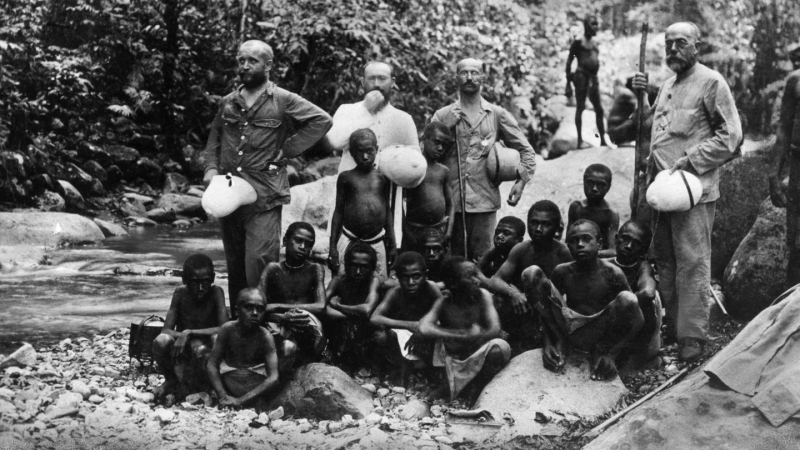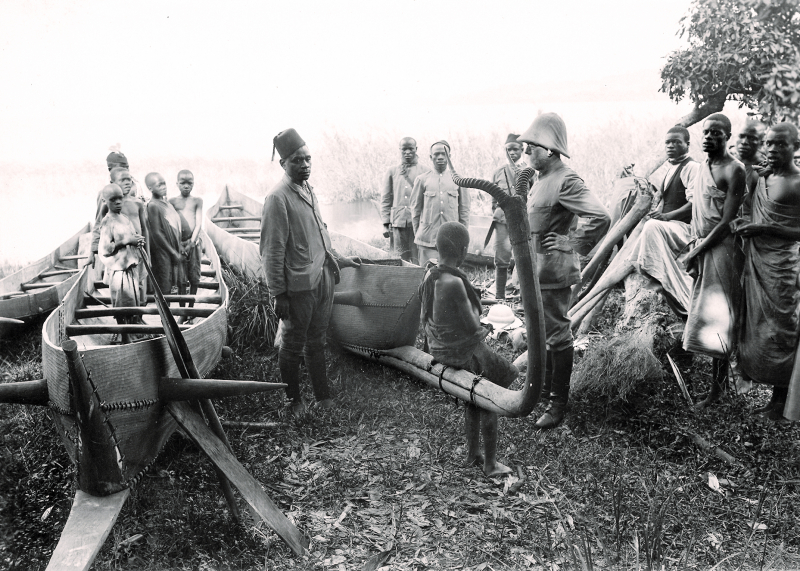Robert Koch traversed the globe in an effort to learn more about various illnesses
Koch was an avid traveler, so it was only a matter of time until he combined all of his interests. He was able to develop new techniques in Berlin, including one he dubbed Reinkulturen, which included cultivating pure bacterial cultures in various environments, like a potato. Following that, he spent a lot of time traveling abroad. He investigated malaria in Italy, Indonesia, and New Guinea and developed recommendations for its avoidance. He investigated typhoid illness in Trier and clarified the "carrier state." He was dispatched to Egypt to look into an epidemic that had happened at the time while researching TB. Cholera was once more spreading quickly. After that, he traveled to India to pursue his research on the issue.
Robert Koch traveled to Rhodesia (now South Africa) at the British government's request to research rinderpest. He also researched relapsing fever, sleeping sickness, malaria, and horse sickness there. He spent a good deal of time traveling around Africa before deciding to go back to Germany. After receiving the Nobel Peace Prize in 1905, Robert Koch traveled back to Central Africa to do more studies on several ailments, including malaria. He visited family in the United States in 1908 and raised funds for the investigation of TB while he was there. At the Waldorf Astoria in New York, a feast was hosted in his honor. Andrew Carnegie, who had contributed to the Robert Koch Foundation for the Conquest of Tuberculosis 500 000 marks, was present. Koch visited two of his brothers in the Midwest after leaving New York. (One resided in St. Louis, the other in the Iowa town of Keystone). He then took a trip to Japan, but he had to finish it early since he had accepted an invitation to the International Tuberculosis Congress in Washington.










